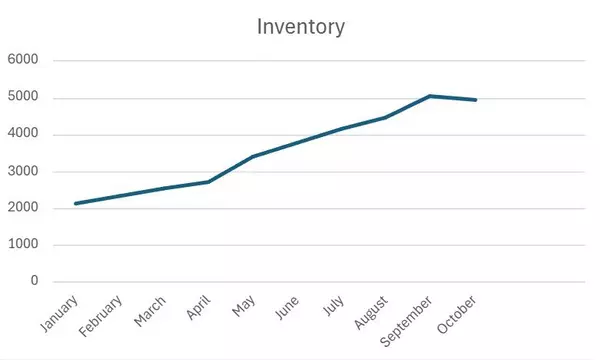What the US Elections Could Mean for the Canadian Real Estate Market

With Donald Trump’s recent win in the 2024 U.S. election, Canadians may see ripple effects from his proposed economic policies, particularly his commitment to protectionist trade measures. As Canada’s largest trading partner, U.S. policy shifts can have far-reaching implications, and Trump's intentions to impose tariffs on imports could bring substantial changes. The Canadian housing market, closely tied to the economy’s overall health, could feel the impact through rising construction costs, shifts in foreign investment, and changes in consumer confidence.
Trump’s stance on protectionism means tariffs may increase the cost of Canadian exports to the U.S., potentially reducing demand and lowering profitability for Canadian businesses reliant on American buyers. Additionally, his intent to revisit the Canada-U.S.-Mexico Agreement (CUSMA) raises uncertainties about future trade stability. For industries like construction, which heavily depend on affordable raw materials like steel and aluminum, these tariffs could increase costs, leading to pricier housing developments and potentially reducing housing affordability.
For developers, higher construction costs may translate to slower project timelines or even reduced housing stock in high-demand urban areas. For Calgary and other major Canadian cities which are already facing affordability issues, these cost pressures could make homeownership more challenging for first-time buyers and renters alike. Rising costs for building materials could also affect housing in rural or suburban areas, adding additional obstacles to expanding Canada’s overall housing supply.
The effects of U.S. trade policy shifts on the Canadian housing market may vary across regions. Provinces like Alberta and Saskatchewan, which are particularly reliant on oil exports to the U.S., could feel the brunt of reduced demand if trade tensions escalate. Decreased U.S. demand could lead to lower oil prices, reducing revenue for oil-dependent provinces and potentially leading to job losses. This economic slowdown could then impact housing demand as fewer people are willing or able to make significant financial commitments.
Economic uncertainty from potential trade disruptions may also impact Canadian consumer confidence. As Canadians weigh the possible effects of Trump’s policies, they may hesitate on making significant purchases, such as buying a home. This is especially true if wage growth slows or job insecurity rises, leading to a cooling demand for real estate. In high-demand markets, a reduction in buyer interest could ease the rapid price growth seen in recent years, potentially stabilizing housing prices.
While the full impact of Trump’s policies on the Canadian housing market remains uncertain, the potential for increased tariffs, rising construction costs, and fluctuating consumer confidence may introduce volatility. The Canadian housing market’s health depends on many factors and keeping an eye on U.S. trade policies will be critical as Canada navigates these challenges.
For questions about buying or selling real estate, contact Ed Black today at (403) 830-8510.
Ed Black
REALTOR®
Copyright © 2024 All Rights Reserved.
Categories
Recent Posts











"My job is to find and attract mastery-based agents to the office, protect the culture, and make sure everyone is happy! "
